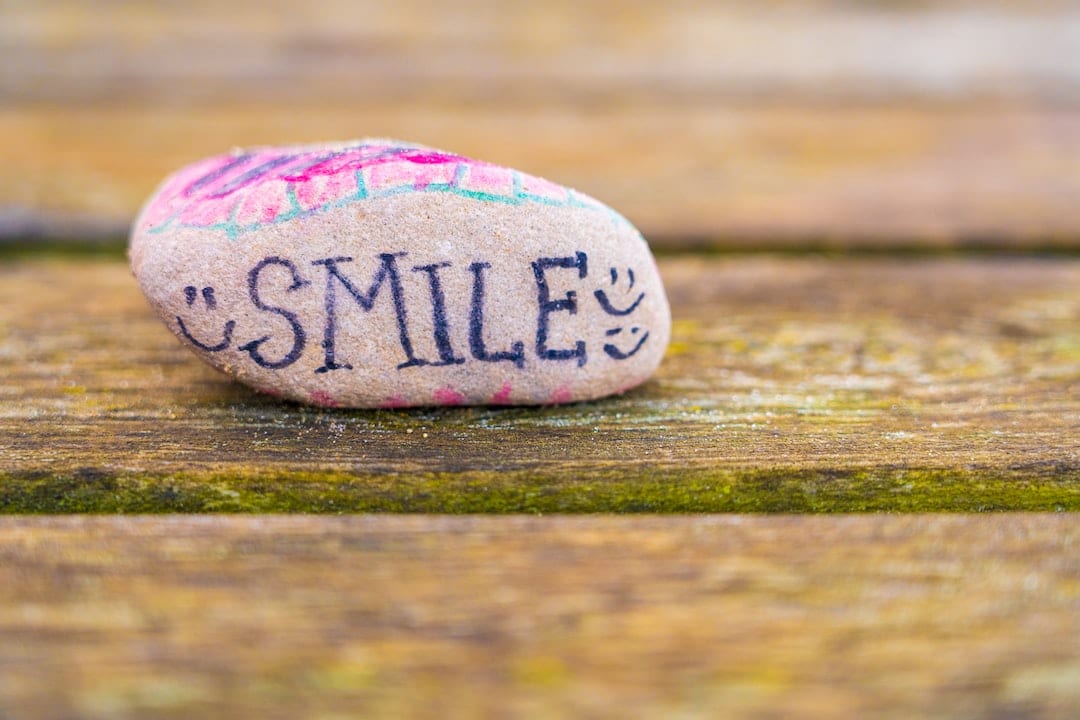
Self-acceptance can often feel like an impossible goal. We constantly compare ourselves to others and have an endless list of self-improvements. However, getting to the point of loving and accepting ourselves is possible with the help of kindness. Kindness allows us to treat ourselves with compassion and understanding rather than criticism and judgment. This article will explore how to use kindness to encourage self-acceptance. We’ll discuss kindness, the power of being kind to ourselves, how to practice self-kindness, and methods to reject perfectionism.
What is Kindness?
Kindness is a gesture of goodwill, care, and understanding; an act of kindness shows empathy and compassion to others. It’s an important part of our relationship with ourselves and others; it helps us build relationships and trust. When we are kind to others, we show that we care, understand their situation, and are willing to help if we can. It’s a form of communication that helps build strong relationships within ourselves and others.
Kindness can be expressed in both big and small ways. It can be expressed through words and actions. For example, they are holding the door open for someone, helping someone with a problem, or finding a way to comfort someone in a difficult situation. Kindness is expressed through less tangible acts, such as smiling, listening, and caring. Kindness is looking out for others and being willing to go the extra mile to make someone else’s life easier.
In addition to being an important part of relationships, kindness is also essential for our wellbeing. When we are kind to ourselves, we greatly appreciate ourselves and our capabilities. We can accept our imperfections and flaws and be less critical of ourselves. Kindness can also be a source of courage, enabling us to take risks and try new things. Finally, self-kindness can help us create meaningful connections with others, allowing us to be open about our struggles and ask for help when needed.
The Power of Kindness
Kindness is a powerful force that helps us to connect with ourselves and others, allowing us to feel and share love, empathy, and understanding. Kindness isn’t just about being nice and polite—it’s about a deep, warm connection that starts with ourselves and radiates out.
When we are kind to ourselves, we see our worth, listen to our needs, and treat ourselves with dignity and respect. We recognize that we can make positive changes in our lives and that it is okay to have flaws, mistakes, and setbacks. We are sending ourselves the message that we are worthy of love and care and are enough just as we are.
When we focus on being kind to others, we open ourselves to possibilities. By being kind to those around us, we are showing them that we care and creating a safe and loving space for them to be vulnerable and express their feelings. We are building trust, creating understanding, and fostering acceptance.
By choosing to be kind to ourselves and others, we are sending a strong message that we are not alone and capable of making a positive difference in the world. Kindness is a powerful tool that can help us to create positive relationships, cultivate self-acceptance, and foster a greater sense of well-being. The power of kindness should never be underestimated.
Kindness to Ourselves
Regarding self-acceptance, learning to be kind to ourselves is just as important as being kind to others. Practicing kindness to oneself can involve taking time to appreciate our successes, speaking to ourselves with compassion, and learning to forgive ourselves for our mistakes. It can also mean engaging in activities that make us feel good, like walking or participating in an enjoyable hobby.
Taking care of our physical, mental, and emotional health is also a form of being kind to ourselves. It’s important to remember that treating ourselves with kindness doesn’t mean ignoring any issues we may face. Instead, it is about understanding and compassion towards ourselves even when we make mistakes.
How to Practice Self-Kindness
Practicing self-kindness is an important step to becoming more accepting of yourself. This can be done in various ways, such as expressing gratitude, treating yourself with kindness, and lovingly speaking to yourself.
Gratitude is a powerful tool for self-acceptance. Take a few moments each day to reflect on what you are thankful for. This can be anything from the small pleasures, like a good night’s rest, to the bigger milestones, like graduating with honors.
When it comes to being kind to yourself, one of the most important things is to forgive your mistakes. Everyone makes them, and beating yourself over them only adds to negative self-talk. Accept your flaws and treat yourself with grace.
Finally, practice positive self-talk. Each morning, remind yourself of things you love about yourself, such as your kind heart or impressive work ethic. Speak to yourself in the same loving way you’d speak to a friend. Being kinder to yourself can increase your self-acceptance and improve your self-esteem.
Challenging Negative Inner Voices
We all experience moments of self-doubt, negative thinking, and criticism. These negative inner voices can feel oppressive like they’re constantly dragging us down and holding us back. To make positive steps towards self-acceptance, it’s essential to learn how to challenge these negative inner voices.
The first step is to be aware of the patterns of negative thinking you regularly rely upon. Pay attention to the words you use and the stories you tell yourself. Identify the areas of your life that you harshly criticize or feel guilty about. Once aware of these patterns, make a conscious effort to challenge them.
Secondly, practice self-talk that is kind rather than critical. Recognize that beating yourself up won’t accomplish anything. If you are overly harsh or judgmental, challenge that thought and replace it with one more compassionate. You may even want to try talking to yourself like a kind friend.
Finally, be willing to make mistakes and be OK with not knowing all the answers. Remind yourself that mistakes are a part of learning and growing. Use them as an opportunity to gain insight and knowledge that you can use to make better decisions in the future.
By challenging negative inner voices and replacing them with more kind and compassionate thoughts, you can begin to accept yourself with all of your flaws and strengths.
Rejecting Perfectionism
Rejecting perfectionism is a critical step towards self-acceptance. We often put unrealistic expectations and standards on ourselves, leading to feelings of inadequacy and failure. But this perfectionism is often unhelpful; it can lead to unhealthy behaviors, such as self-criticism or avoidance. Instead of striving for perfection, try to practice kindness towards yourself. Allow yourself to make mistakes, to be imperfect, and to take risks. Accepting yourself, flaws, and all is an important part of learning to be kind to yourself and building self-acceptance.
Conclusion
In conclusion, self-acceptance is a journey that requires you to be kind to yourself. It’s not easy, but it is achievable with dedication, discipline, and patience. Recognize and embrace your strengths, focus on your successes, and be patient with yourself. Celebrate your wins, forgive your mistakes, and be gentle with yourself. As you practice self-kindness and self-care, you will appreciate and accept the unique qualities that make you who you are.
Read more:
Turning Adversity Into Opportunity
Forgiving Is A Gift Of Strength
From Surviving to Thriving: The Power of Resilience in Difficult Times



